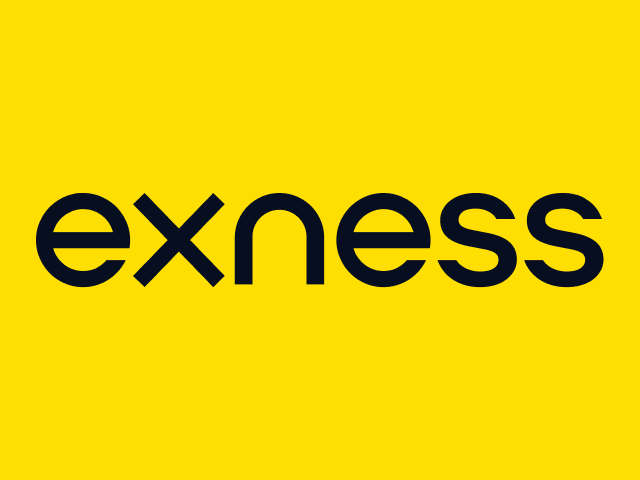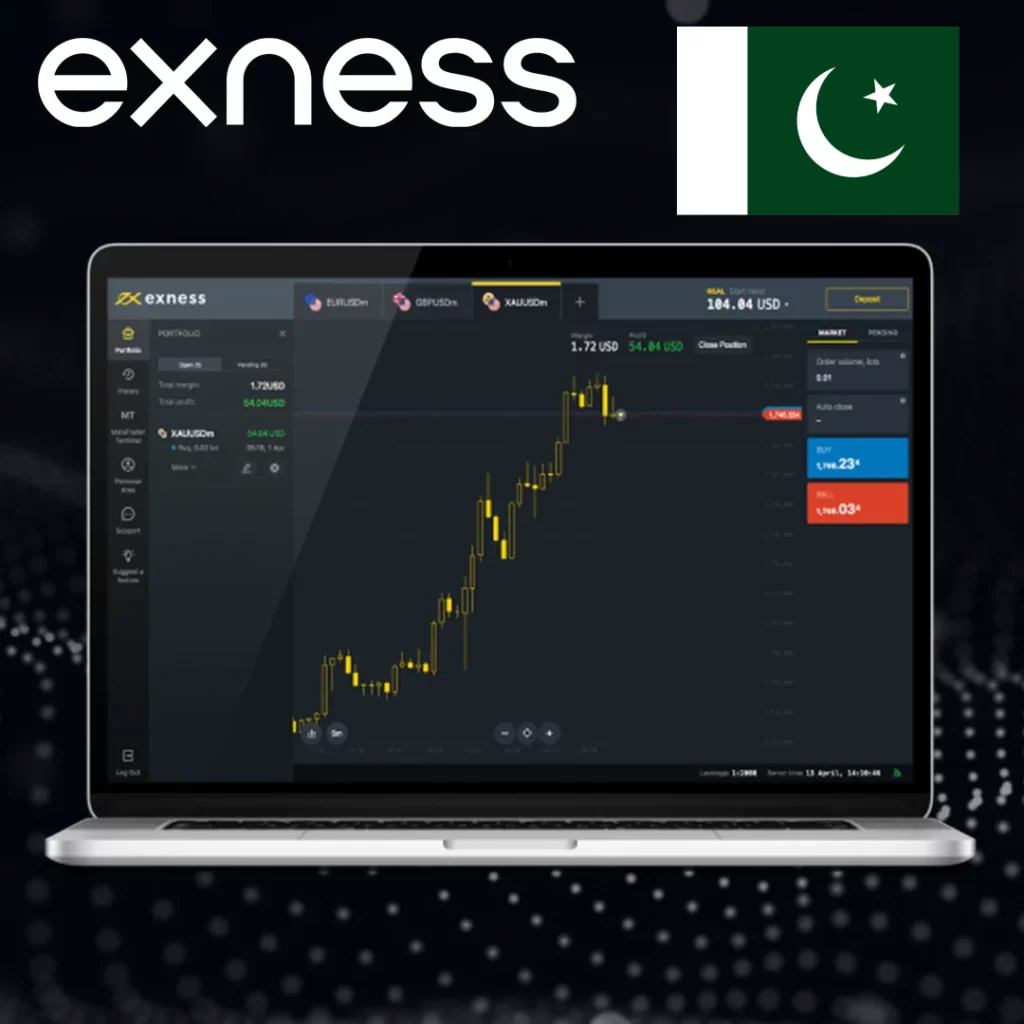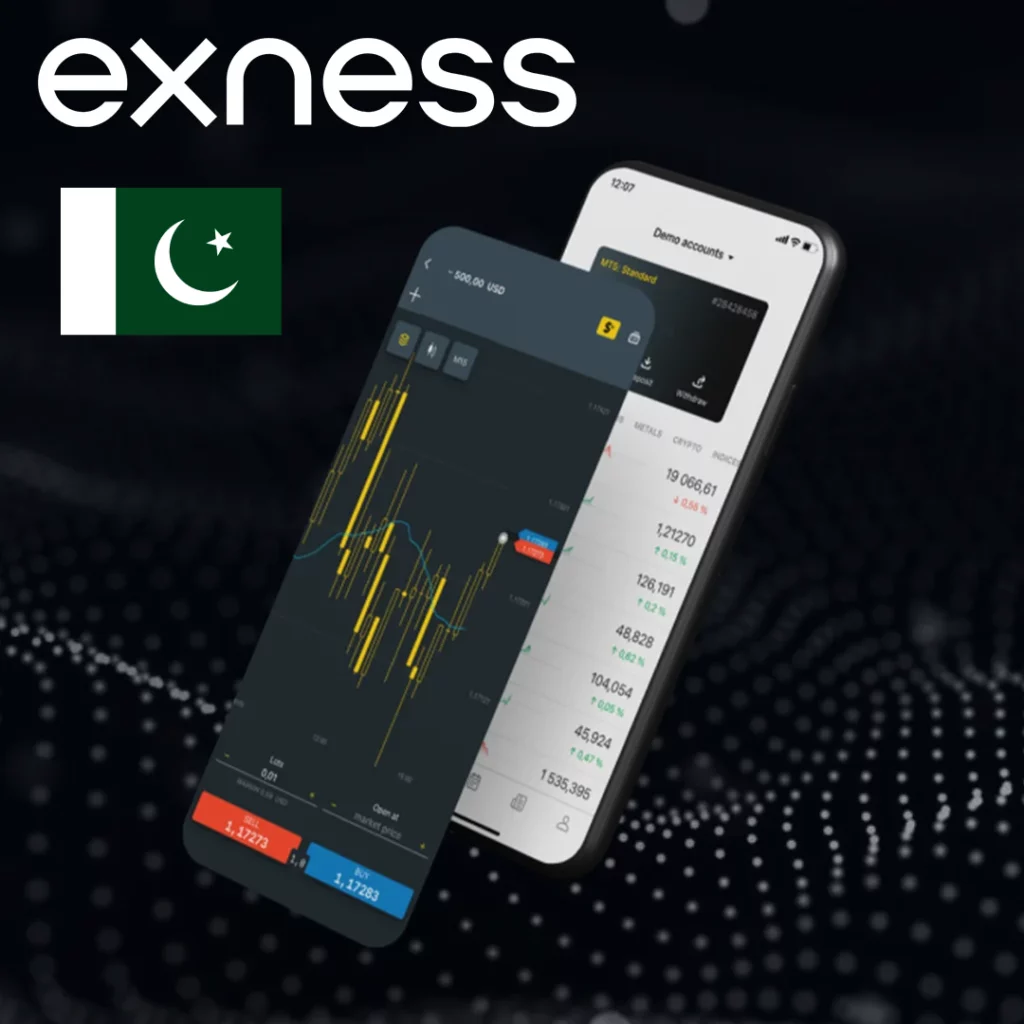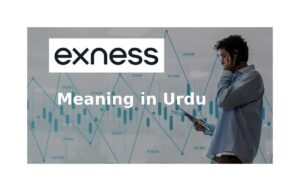Exness charges commissions only on Raw Spread and Zero accounts, starting at $0.2 per lot per side ($0.4 round-turn) for Zero accounts and up to $3.5 per lot per side ($7 round-turn) for Raw Spread accounts. Standard and Cent accounts are commission-free. Commissions are fixed, ensuring predictable costs for scalpers and high-volume traders. Calculate fees using Exness’s trading calculator on exness.com before opening trades. Test strategies on a demo account to understand commission impacts risk-free.
What is Commission Exness Per Lot in Trading
A commission per lot is a fee charged for each standard lot (100,000 units) traded. It’s applied when you open and close a position, often called a “round-turn” fee. For example, if Exness charges $3.5 per lot per side for EUR/USD, a round-turn trade costs $7. Unlike spreads, commissions are fixed fees, making costs predictable for high-volume traders. Knowing these fees helps you calculate trading expenses and choose the best account for your strategy.
Exness Commission Per Lot by Account Type
Exness offers a variety of account types, each with distinct commission structures for trading forex, gold, and other assets. Understanding these commissions helps traders in Pakistan and beyond choose the best account for their strategy and budget. Below is a detailed table comparing commission per lot across all Exness account types, including practical details for each.
| Account Type | Commission Per Lot | Spreads | Best For | Details |
| Standard Cent | None | 0.3–1.2 pips for majors (e.g., EUR/USD) | New traders, micro-lot trading | No commissions, wider spreads. Trades in cents with $10 minimum deposit. Ideal for small budgets. |
| Standard | None | 0.3–1.0 pips for majors | Beginners, low-volume traders | Commission-free, but spreads increase costs. $10 minimum deposit. Suits casual trading. |
| Pro | None | 0.1–0.6 pips for majors | Swing or position traders | No commissions, tighter spreads than Standard. $500 minimum deposit. Good for longer trades. |
| Raw Spread | $3.5 per lot per side ($7 round-turn) for majors | From 0.0 pips | Scalpers, high-frequency traders | Ultra-low spreads with fixed commissions. $500 minimum deposit. Ideal for fast-paced trading. |
| Zero | $0.2–$3.5 per lot per side ($0.4–$7 round-turn), varies by asset | 0.0 pips for 30 major instruments | Professional traders | Lowest spreads, variable commissions. $500 minimum deposit. Best for high-volume traders. |
| Islamic | None or $3.5 per lot per side (depends on base account: Standard, Pro, Raw Spread, Zero) | 0.0–1.2 pips, based on base account | Muslim traders | Swap-free version of Standard, Pro, Raw Spread, or Zero accounts. Same spreads/commissions as base account. $10–$500 minimum deposit. |
| Demo | None | Matches live account spreads (0.0–1.2 pips) | All traders, testing strategies | No real money, no commissions. Mimics live accounts for risk-free trading. No deposit required. |
| Social Trading | None (investor); provider fees vary | 0.3–1.2 pips, based on Standard account | Copy traders, strategy providers | Investors pay no commissions, only spreads. Providers may charge performance fees (e.g., 20% of profits). $500 minimum for investors. |
Use the Exness trading calculator to estimate commissions for your lot size and asset. For example, trading 0.5 lots of EUR/USD on a Raw Spread account costs $3.5 round-turn, while 0.1 lots on a Zero account may cost $0.04–$0.70 round-turn, depending on the asset. For Social Trading, check provider fees in the Exness Social Trading app to calculate total costs.
How to Start Trading with Exness
To start trading with Exness, Bangladeshi traders can follow a straightforward process to set up an account and manage commissions effectively. Begin by signing up on Exness’s website, selecting an account type — Standard ($10 minimum) or professional ($500 minimum) — and verifying your identity. Use Exness’s trading calculator or MT5 to check fees per lot, then practice on a demo account to grasp commission impacts without risk. Start trading with small lots, monitor costs via the platform’s history tab, and use the Exness mobile app to track commissions and adjust lot sizes on the go, ensuring cost-efficient trading from the start.

Exness Commissions for Different Assets
Exness provides competitive commissions tailored to various asset classes, helping Bangladeshi traders optimize costs across forex, gold, and cryptocurrencies. Commissions vary by account type, such as Raw Spread or Zero, and understanding these fees is essential for maximizing profits, especially during peak market hours like the London-New York overlap (6 PM–10 PM PKT). Below is a detailed table outlining commissions for key assets.
| Asset Class | Account Type | Commission (Round-Turn) | Notes |
| Forex (e.g., EUR/USD, GBP/USD) | Raw Spread | $7 | Fixed for major pairs |
| Zero | $0.4–$7 | $7 for EUR/USD, $6 for USD/JPY | |
| Gold (XAU/USD) | Raw Spread | $7 | Stable, but spreads may widen during news |
| Zero | $0.4–$7 | Typically $5 for gold | |
| Cryptocurrencies (e.g., BTC/USD) | Raw Spread | $7–$10 | Higher due to volatility |
| Zero | $0.4–$8 | Varies by crypto pair |
Exness’s transparent commission structure suits Bangladeshi traders aiming for cost-efficient trading. Use the Exness trading calculator or MT4/MT5 to estimate fees and monitor costs in the platform’s history tab. Start with small lots and test strategies on a demo account to ensure profitability in volatile markets.

How Exness Commissions Compare to Other Brokers
To see if Exness commissions are competitive, let’s compare with top brokers in 2025:
- Exness Raw Spread: $7 round-turn for EUR/USD, 0.0 pips spread.
- Pepperstone Razor: $7 round-turn, 0.0–0.2 pips spread, similar to Exness.
- XM Ultra-Low: No commissions, but spreads start at 0.6 pips, costlier for scalpers.
- Tickmill ECN: $6 round-turn, slightly cheaper but fewer account options.
Exness’s Raw Spread and Zero accounts are cost-effective for scalpers, while Standard and Pro accounts suit beginners with no commissions. Exness’s deep liquidity ensures stable commissions during volatile markets, unlike some brokers with hidden fees.
Factors Affecting Exness Commissions
Exness commissions vary based on account type and trading activity. Understanding these factors helps traders manage costs effectively.
| Factor | Description | Impact on Costs |
| Account Type | Standard/Pro: No commissions, wider spreads (0.3–0.1 pips). Raw Spread/Zero: Commissions with near-zero spreads. | Commission-free accounts suit low-frequency traders; commission-based accounts favor scalpers. |
| Trading Volume | Higher lots increase commissions (e.g., 2 lots EUR/USD on Raw Spread = $14 round-turn). Low lots keep costs low. | High-volume traders face higher commissions; small lots (0.1) minimize costs. |
| Market Conditions | Fixed commissions, but spreads may widen during news/low liquidity. Leverage capped at 1:200 during news. | Wider spreads increase total costs; leverage caps don’t affect commissions. |
Trading small lot sizes, like 0.1 lots on Raw Spread, keeps commissions low while testing strategies. This approach helps Pakistani traders optimize costs in volatile markets.
Trading Strategies to Minimize Commission Costs
Effective trading strategies can help Pakistani traders reduce commission costs on Exness accounts. By aligning strategies with account types and market conditions, you can optimize profitability.
Scalping
- Use Raw Spread or Zero accounts for low spreads and predictable commissions.
- Trade majors like EUR/USD during London-New York overlap (6:00 PM–9:00 PM PKT).
- Scalp 0.2 lots of GBP/USD on Zero account, paying $1.4 round-turn.
Swing Trading
- Choose Pro account to avoid commissions.
- Hold trades for days, targeting 50–100 pips per trade.
- Use daily charts with Moving Averages to spot trends.
Hedging
- Use odd lot sizes (e.g., 0.3 lots) on Raw Spread accounts to balance commission costs.
- Hedge EUR/USD and USD/JPY to offset fees during volatile markets.
Experiment with lot sizes on a demo account to find the sweet spot for commissions. Use MT5’s commission display to track fees per trade.
Pros and Cons of Exness Commissions
Exness’s commission structure is designed to suit various trading styles, from beginners to professionals. Knowing the advantages and drawbacks helps traders in Pakistan and globally make informed choices.
Pros:
- Transparent, fixed commissions on Raw Spread and Zero accounts.
- No commissions on Standard and Pro accounts.
- Competitive fees compared to brokers like Pepperstone and Tickmill.
- Swap-free accounts reduce overnight costs.
Cons:
- Commissions on Zero accounts vary by asset, requiring careful planning.
- High-volume traders face higher commission costs.
- No commission discounts for frequent traders.
These factors highlight the need to align your trading strategy with the right account type. Use the Exness trading calculator to estimate costs and optimize your trades.

Conclusion
Exness offers competitive commission rates per lot, particularly on its Raw Spread and Zero accounts, where traders benefit from ultra-tight spreads paired with clear, fixed fees. This structure allows for greater transparency in trading costs, helping traders plan and manage their strategies with precision. With commissions starting as low as $3.50 per side (per lot) on popular instruments, Exness delivers a cost-effective environment for high-frequency traders and professionals seeking consistent execution.

Written by Muhammad Adeel Khan – a Pakistani financial analyst and trader with over 10 years of professional experience. He specializes in forex trading, broker reviews, and investment strategies, providing readers with trusted insights and practical guidance for navigating global financial markets.

Trade in Pakistan with a trusted broker today



